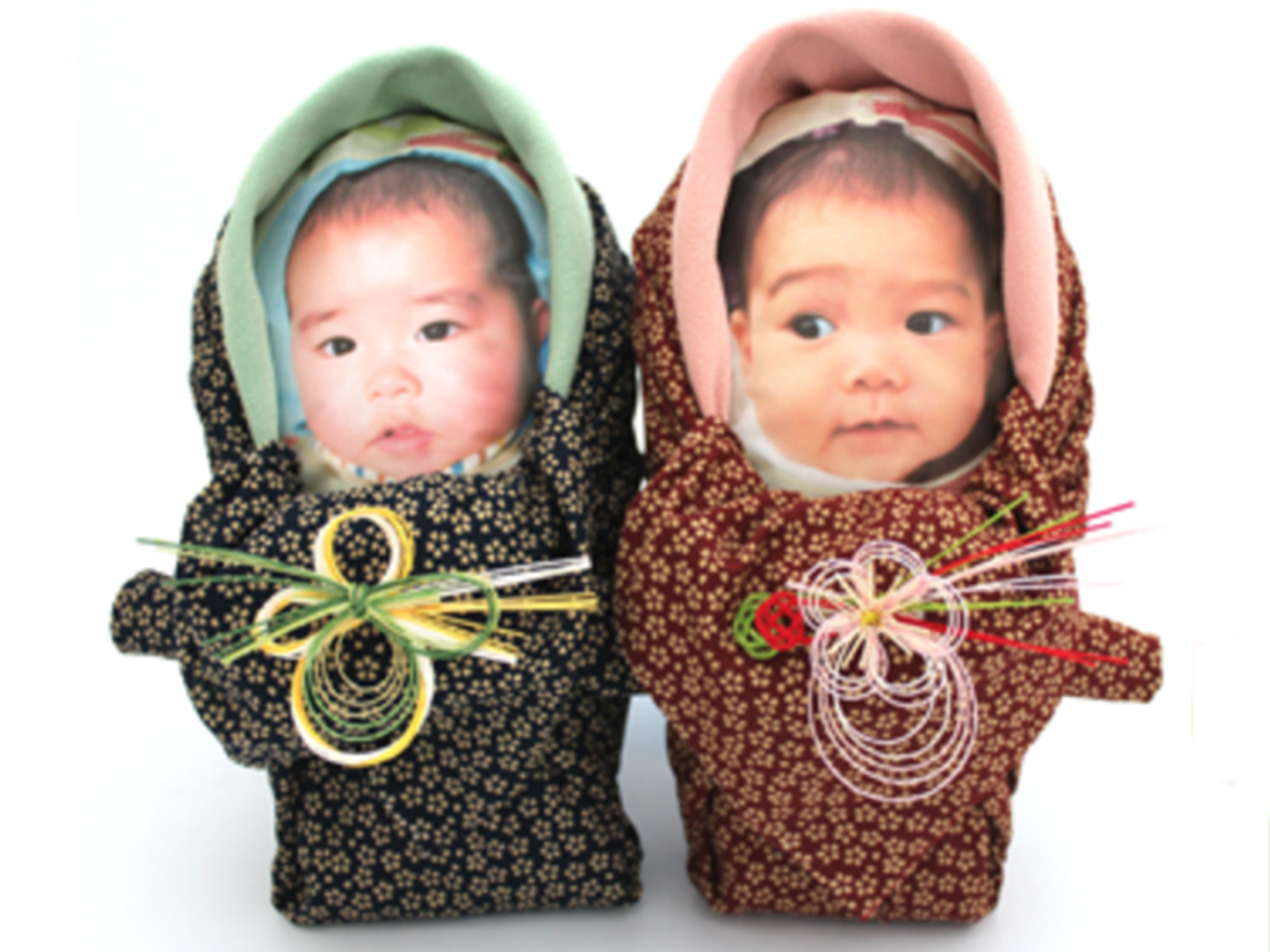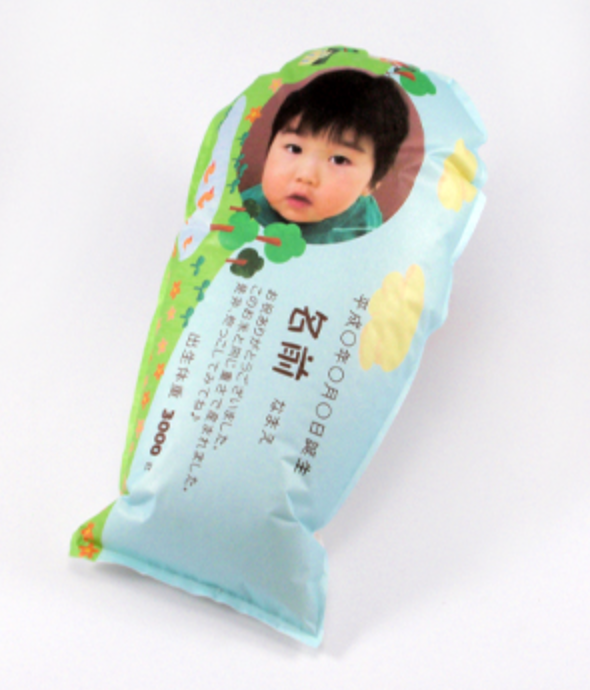New Japanese parents are sending bags of rice for their relatives to hug instead of babies
The rice bags come wrapped in a blanket with the picture of the infant on the cover

Your support helps us to tell the story
From reproductive rights to climate change to Big Tech, The Independent is on the ground when the story is developing. Whether it's investigating the financials of Elon Musk's pro-Trump PAC or producing our latest documentary, 'The A Word', which shines a light on the American women fighting for reproductive rights, we know how important it is to parse out the facts from the messaging.
At such a critical moment in US history, we need reporters on the ground. Your donation allows us to keep sending journalists to speak to both sides of the story.
The Independent is trusted by Americans across the entire political spectrum. And unlike many other quality news outlets, we choose not to lock Americans out of our reporting and analysis with paywalls. We believe quality journalism should be available to everyone, paid for by those who can afford it.
Your support makes all the difference.New parents in Japan are sending bags of rice – that weigh as much as the newborn — to relatives who can’t visit the infant due to the pandemic.
The phenomenon of “Dakigokochi” — which means rice-filled bags shaped like a bundled baby and printed with the newborn’s face and name — is increasingly finding favour among new Japanese parents amid restrictions of the pandemic.
The rice bags come wrapped in a blanket with the picture of the infant on the cover of the rice bag.
The Guardian reported that the price of each bag rises in proportion to the weight, with some businesses charging one yen a gram, with a 3.5 kilograms pack priced 3,500 yen (£22.90).
The tradition of “Dakigokochi” however is not new and dates back to the pre-pandemic era. Holding the rice bag feels like holding the baby.
Naruo Ono, the owner of Kome no Zoto Yosimiya rice shop was quoted in the Guardian as saying: “I first had the idea about 14 years ago when my own son was born and I was thinking about what I could do for relatives who lived far away and couldn’t come and see him.”
He added: “So we decided to make bags of rice that were the same weight and shape as the baby, so relatives could hold them and feel the cuteness.”
With that, he started his business from his rice shop in Fukuoka, southern Japan.
Mr Ono was quoted saying that he has expanded his product range to include wedding-related rice bags. He said: “In the case of the wedding celebration goods, the bride and groom give them to the respective parents with their pictures on them from when they were babies as a way of showing appreciation for giving birth to them.”
Apparently, the wedding-theme rice bags have gained more popularity than the birth ones. Mr Ono said: “During the pandemic, the demand for them has really increased as people haven’t been able to travel to wedding ceremonies.”

Another website selling the tiny cuddly rice bags with pictures of babies noted that: “It’s also suggested as a favour for wedding guests and/or the parents of the marrying couple, in which case, you give one each with the birth weights of the bride and groom. It’s meant to symbolize the cycle of life.”
It also noted that “there are eight bag colours and approximately one million traditional wrapping options”.
However, several online commentators are not convinced. One observed: “Those rice bags look spooky to me, like the baby’s floating in a life jacket, going, ‘Help!’”
The Yosimiya website adds: “The surface of the bag is made of Japanese paper, so it feels good to the touch. Moreover, the shape is round, and when rice is added, it feels soft and fluffy, which makes you feel attached to it.”
Join our commenting forum
Join thought-provoking conversations, follow other Independent readers and see their replies
Comments